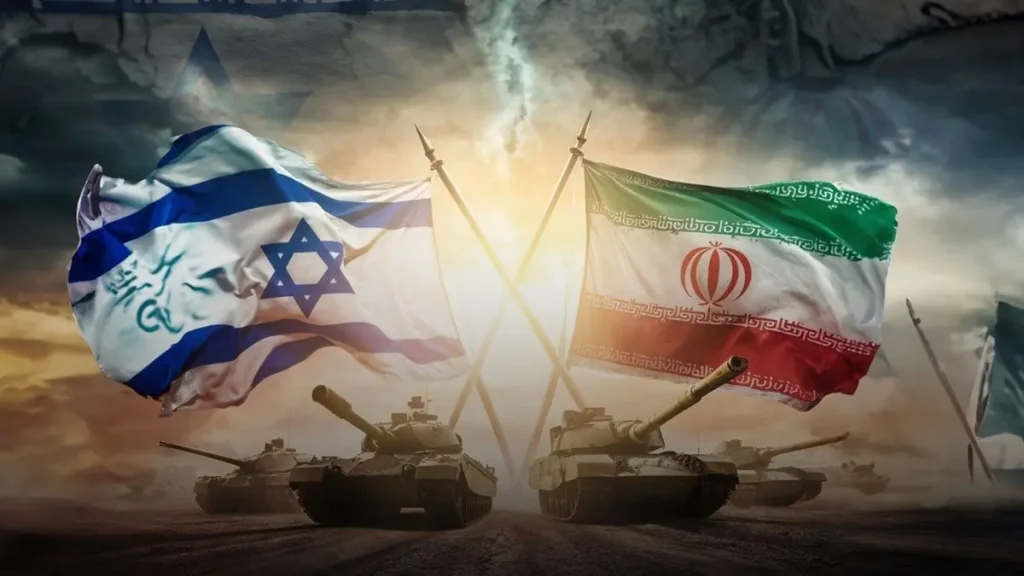Amid mounting the global outcry over widespread malnutrition and starvation-related deaths in Gaza, Israel has announced new humanitarian measures, including daily tactical pauses and expanded aid corridors The move comes as international agencies and governments demand urgent action to address what aid groups describe as a deepening humanitarian catastrophe.
The Israel Defence Forces (IDF) confirmed it will implement daily “tactical pauses” in military operations from 10:00 to 20:00 local time to allow aid to enter Gaza. These corridors, the IDF claims, aim to refute the false claim of intentional starvation.
Speaking from an Israeli air base, Prime Minister Benjamin Netanyahu defended Israel’s military strategy, insisting the war effort would continue but with limited humanitarian relief. “There are secure routes. There have always been, but today it’s official,” he said. “There will be no more excuses. We will continue to fight until complete victory.”
Netanyahu also criticized the United Nations, claiming delays in aid delivery were not Israel’s responsibility. The IDF echoed this, saying designated routes for aid were being established, and efforts were underway to ensure safe distribution despite growing reports of civilian casualties during aid deliveries.
According to the Gaza Health Ministry, more than 133 people have died from malnutrition since the conflict began. International aid groups, including Médecins Sans Frontières (MSF), say current aid efforts fall drastically short. “After five months of starvation, people need to be sure that they are going to be receiving something at the end,” said Amande Bazerolle, MSF’s emergency operations director. She welcomed the IDF’s pause but stressed the need for structured distribution. “With enough therapeutic food, we can treat more people,” she warned, adding that the long-term health consequences of malnutrition are severe.
The international response has been swift and sharply critical.
UK Foreign Secretary David Lammy described the tactical pause as “essential,” but warned it alone would not ease the suffering. German Chancellor Friedrich Merz urged Netanyahu to implement an immediate ceasefire. Pope Leo XIV called the humanitarian situation in Gaza extremely grave, saying people were being crushed by hunger. South African President Cyril Ramaphosa went further, accusing Israel of genocide and demanding full, unrestricted access for aid. Spain’s Foreign Minister José Manuel Albares called the situation an induced famine and offered to send immediate support.
Some regional efforts are underway ,Jordan has launched air drops and dispatched 60 trucks of aid, while Egypt continues to deliver supplies by land. But aid agencies warn these efforts are far from sufficient. Air drops are mostly symbolic, one aid group said, noting that it would take 160 air drops just to feed each person in Gaza once.
The World Health Organization has warned of impending mass starvation, and the World Food Programme estimates that one in three Gazans is going days without food. Israel, meanwhile, blames Hamas for obstructing aid and creating artificial shortages. The United Nations counters that Israel frequently delays or blocks aid trucks at crossings, preventing timely delivery.
Although aid is beginning to arrive at Gaza’s border, much of it remains stalled. UN officials say they still need formal Israeli approval to distribute it safely. Until then, they warn, the humanitarian disaster will likely worsen.



